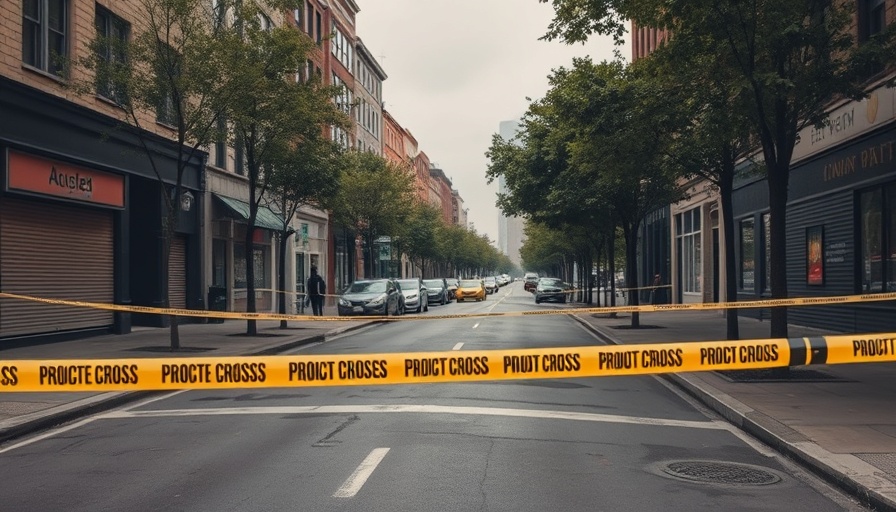
The Unthinkable Act: A Father's Admission
In a shocking turn of events, Emmanuel Haro's father has reportedly admitted to killing his baby during an interaction with an informant while in jail. This revelation sends ripples through not only the legal community but also the public consciousness regarding parental responsibilities and the darker aspects of familial relationships. Understanding such heinous acts requires a glimpse into the social complexities that surround them, making situations difficult to comprehend.
Historical Context: Understanding Familial Violence
Familial violence is unfortunately a historical issue that persists in society. Understanding the background of family dynamics can help in comprehending why certain individuals might engage in such devastating actions. Past studies have indicated that financial struggles, mental health issues, and a history of violence increase the likelihood of familial tragedies. As these stories emerge, they remind us of the critical need for community support systems that can assist vulnerable families before reaching their breaking point.
Emotional Dimensions: The Psychological Impact
The emotional aspects tied to such tragedies are profound. Individuals close to the situation often experience a whirlwind of emotions ranging from disbelief to anger. For potential customers of healthy living in Southern California, it's significant to recognize the psychological implications of violence on mental well-being. A healthy mind is as crucial as physical health, and promoting mental health awareness plays a critical role in nurturing safe family environments.
Social Connections: Why This Matters
This devastating narrative underscores why it’s vital for community members to connect. Sharing resources about mental health, emphasizing early intervention strategies, and facilitating dialogues about familial support can mitigate similar incidents. In a society striving for healthy living, ignoring the emotional scars borne from such incidents is a disservice to all. Local community centers and mental health professionals are beyond essential; they can be proactive elements in preventing tragedies.
Future Predictions: What Lies Ahead for Families?
As we consider future implications, it’s critical to discuss preventative measures to avert such tragedies. Increased funding for mental health services and education on familial conflict resolution can be pivotal in transforming narratives for families in distress. As we look ahead, fostering a culture of empathy, awareness, and proactive involvement may create safer, healthier living environments for everyone.
Unique Benefits of Awareness
Understanding the gravity of such situations informs and empowers individuals to make constructive changes in their communities. By acknowledging the potential for tragedy, we can advocate for more resources directed toward family support, mental health initiatives, and problem-solving strategies. This is not merely an abstract situation but one that has tangible repercussions for our society.
Recommendations for Community Improvement
Here are some actionable insights to help foster healthier environments:
- Promote mental health education and resources in schools and community centers.
- Encourage workshops focused on family dynamics and conflict resolution.
- Implement community programs that connect at-risk families with advocates or counselors.
By actively engaging in these initiatives, we can work towards reducing the likelihood of such tragedies, paving the way for better futures for countless families.
Conclusion: A Call for Action
The tragic admission by Emmanuel Haro’s father highlights not just a dismal reality but also the urgent need for a holistic approach to family welfare. Regular conversations, workshops, and heightened community awareness around mental health can cultivate safer households. Together, there's hope for a future where fewer families experience such heart-wrenching tragedies.
 Add Row
Add Row  Add
Add 




Write A Comment